We’re pleased to bring you the last in our series of candid, in-depth interviews with this year’s Sirens Guests of Honor. We’ll cover a variety of topics relevant to Sirens with each author, from their inspirations, influences, and craft, to the role of women in fantasy literature, and discuss our 2017 theme of women who work magic—particularly women who have power and wield it. We hope these conversations will be a prelude to the ones our attendees will be having in Beaver Creek this October! Today, Faye Bi interviews N. K. (Nora) Jemisin.
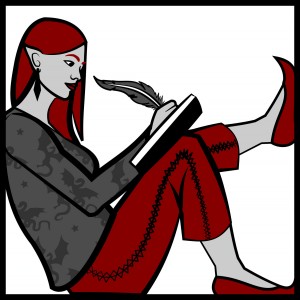 FAYE: It’s a pleasure to be interviewing you! I’ve long admired your keen ability to write about power, oppression and pain, and your dynamic characters that make bold decisions. Recently, I came across your Worldbuilding 101 presentation, which starts with geography and climate and moves to sociocultural factors and magic. As a lapsed anthropology nerd I’m impressed by the breadth of your process. Do you go through this exercise each time you develop a new world? Do you have a similar process or comparable tools for character-building?
FAYE: It’s a pleasure to be interviewing you! I’ve long admired your keen ability to write about power, oppression and pain, and your dynamic characters that make bold decisions. Recently, I came across your Worldbuilding 101 presentation, which starts with geography and climate and moves to sociocultural factors and magic. As a lapsed anthropology nerd I’m impressed by the breadth of your process. Do you go through this exercise each time you develop a new world? Do you have a similar process or comparable tools for character-building?
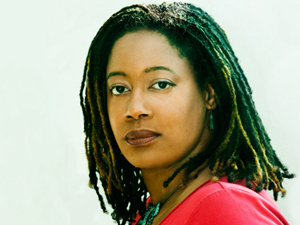 NORA: I do use that Worldbuilding 101 process (plus a little more; I actually do a more advanced worldbuilding seminar to accompany the one you saw) to develop worlds and cultures. I do not use a systematized process to create characters, however, because individuals should not be designed by formula. Mostly with characters, I just try to make sure that they are people, with rich internal and external lives.
NORA: I do use that Worldbuilding 101 process (plus a little more; I actually do a more advanced worldbuilding seminar to accompany the one you saw) to develop worlds and cultures. I do not use a systematized process to create characters, however, because individuals should not be designed by formula. Mostly with characters, I just try to make sure that they are people, with rich internal and external lives.
FAYE: You often set religion front and center in your stories, often literally, where gods are main characters in The Inheritance Trilogy to constructing a new religion in the Dreamblood duology. What draws you to writing about religion and faith as recurring themes in your books?
NORA: Mostly I think of epic fantasy as rooted in the ancient epic story form—i.e. Gilgamesh, the Illiad, etc. Ancient epics were often concerned with people’s relationships with deities, and the deities themselves were very people-like, with human drama and human egos and human frailties.
FAYE: Jane Jacobs once wrote, “Cities have the capability of providing something for everybody, only because, and only when, they are created by everybody.” You’ve set much of your work in cities, from your short stories “nonZero Probabilities” and “The City Born Great” (both of which are set in New York City) to your fantasy cities such as Sky, Shadow, and Gujaareh. What fascinates you about the city? How much of that fascination is a response—or conversation—with the association of epic fantasy with feudal pseudo-Western Europe?
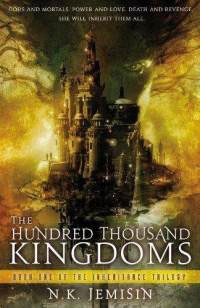 NORA: It’s hard to explain why I love cities. I just do! I’m not sure what my interest in modern cities has to do with feudal pseudo-Western Europe, though. After all, most feudal pseudo-Western European fantasies also center on cities—yeah, there’s a superficial association of such fantasies with the romance of rural spaces, but it’s false, because they never stay rural. The farm boy chosen one always ends up having a showdown in the center of power. The coalition of heroes always has its fateful, game-changing meeting at the Citadel or the White City or the City in the Trees. Fantasy is about people; people gather in cities. Writing fantasy is a quintessentially urban-centric exercise.
NORA: It’s hard to explain why I love cities. I just do! I’m not sure what my interest in modern cities has to do with feudal pseudo-Western Europe, though. After all, most feudal pseudo-Western European fantasies also center on cities—yeah, there’s a superficial association of such fantasies with the romance of rural spaces, but it’s false, because they never stay rural. The farm boy chosen one always ends up having a showdown in the center of power. The coalition of heroes always has its fateful, game-changing meeting at the Citadel or the White City or the City in the Trees. Fantasy is about people; people gather in cities. Writing fantasy is a quintessentially urban-centric exercise.
FAYE: You’ve mused before that much of epic fantasy delivers “white male power and centrality”, which is the very definition of conservatism. Do you think the definition of epic fantasy has expanded in recent years? What makes an epic fantasy “progressive”? In your opinion, what are some cornerstone books that make up today’s progressive epic fantasy canon?
Well, thing is, as I mentioned in that old article, there are plenty of writers of epic fantasy who don’t fit into the boys’ club; it’s a stereotype that epic fantasy is a boys’ club. Certainly, the best-known writers tend to be white guys writing white male power fantasy, but they’re not the be-all and end-all of the genre. I wouldn’t say the definition has changed at all in recent years, but thanks to some discussions that have taken place prominently on social media and other fannish spaces, there’s greater awareness that the stereotype is a stereotype, and more interest in interrogating that stereotype.
And to clarify, what makes epic fantasy conservative isn’t a focus on white men, but a focus on supporting or restoring an authoritarian status quo; that is the definition of conservativism. Progressive fantasies are less concerned (or not concerned at all) with restoring the monarchy or putting down the rebellion or bringing the old ways back. Progressive fantasies might also interrogate power structures in our own world, such as the ones that suggest only cis-het white men can be heroes.
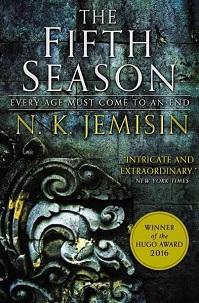 FAYE: Lastly, tell us about a remarkable woman of fantasy literature—an author, reader, agent, editor, scholar, or someone else—who has changed your life.
FAYE: Lastly, tell us about a remarkable woman of fantasy literature—an author, reader, agent, editor, scholar, or someone else—who has changed your life.
NORA: My agent, Lucienne Diver! She’s basically the person who “discovered” me, at least in the sense of helping me transition from being a neo-pro short story writer into a pro novelist. She’s also been one of my staunchest supporters, even back in the days when I couldn’t sell a novel, and she’s also talked me down from giving up or setting manuscripts on fire more than once! She’s also ferocious in negotiations. A great person to have in my corner.
N. K. Jemisin is an author of speculative fiction short stories and novels who lives and writes in Brooklyn, New York. Her works include the Inheritance Trilogy, the Dreamblood Duology, and the Broken Earth series. In the Inheritance Trilogy (The Hundred Thousand Kingdoms, The Broken Kingdoms, and The Kingdom of Gods), gods dwell among mortals and one powerful, corrupt family rules the earth; three extraordinary people may be the key to humanity’s salvation. The Dreamblood Duology (The Killing Moon and The Shadowed Sun) is set in the ancient city-state of Gujaareh, the city of dreams, where once the only law was peace but which now knows violence and oppression; it’s a tale of culture and empire, war and religion, and the realm of dreams. The Broken Earth series (The Fifth Season, The Obelisk Gate, and The Stone Sky) is about Essun, who searches for her daughter in the land of the Stillness, which is long familiar with catastrophe, where the power of the earth is wielded as a weapon and there is no mercy. Nora’s work has been nominated for the Hugo Award, the Nebula Award, and the World Fantasy Award and shortlisted for the Crawford Award, the Gemmell Morningstar Award, and the James Tiptree, Jr. Award. She won a Locus Award for Best First Novel (The Hundred Thousand Kingdoms in 2010), the Romantic Times Reviewer’s Choice Award (The Broken Kingdoms in 2010 and The Shadowed Sun in 2012), and the Hugo Award for Best Novel (The Fifth Season in 2016 and The Obelisk Gate in 2017). Her short fiction has been published in Clarkesworld, Postscripts, Strange Horizons, and Baen’s Universe. In addition to writing, she has been a counseling psychologist and educator (specializing in career counseling and student development), a sometime hiker and biker, and a political/feminist/anti-racist blogger. Nora currently writes a New York Times book review column named Otherworldly, in which she covers the latest in science fiction and fantasy.
For more information about Nora, please visit Nora’s website or Twitter.





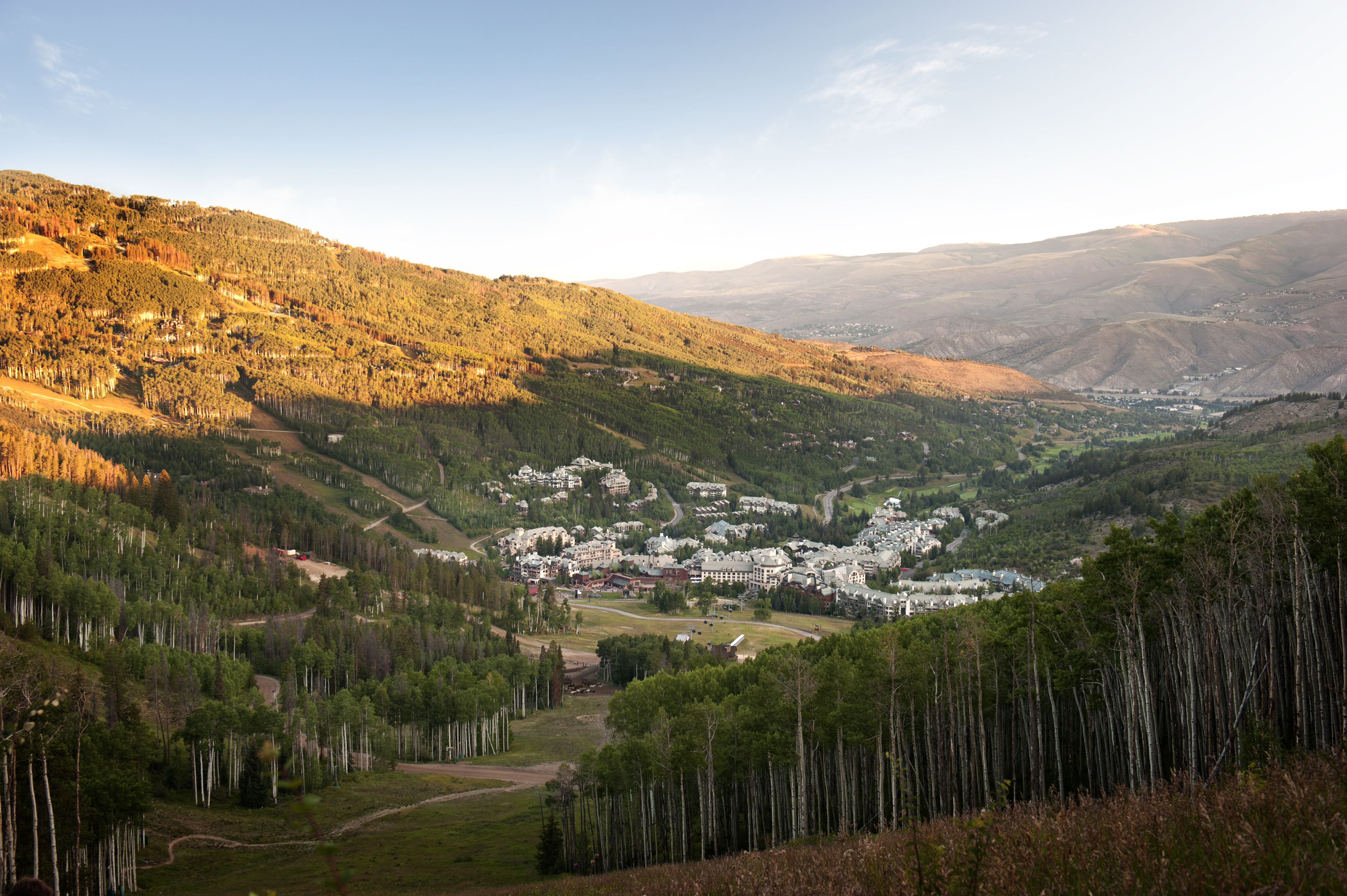
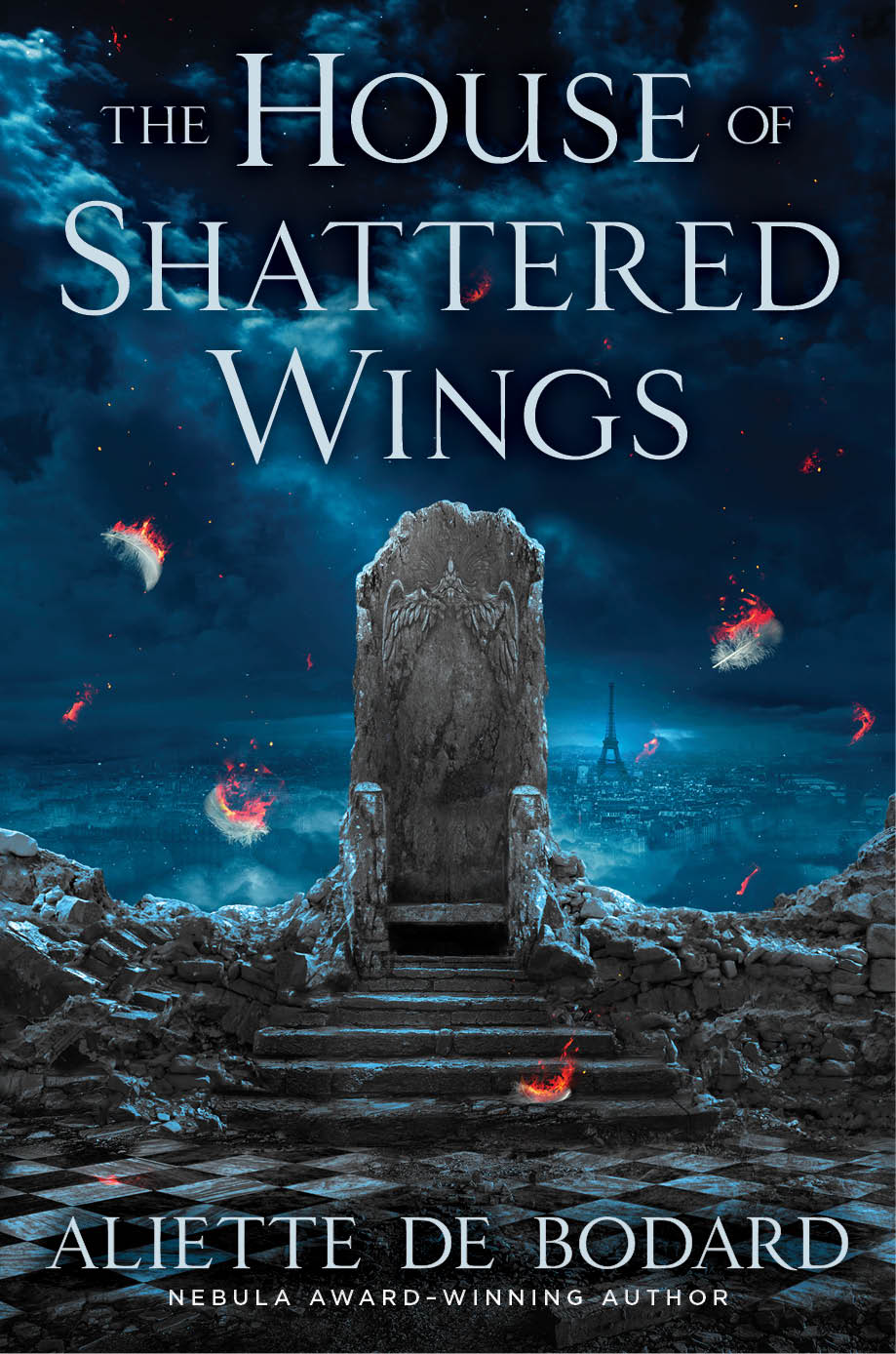
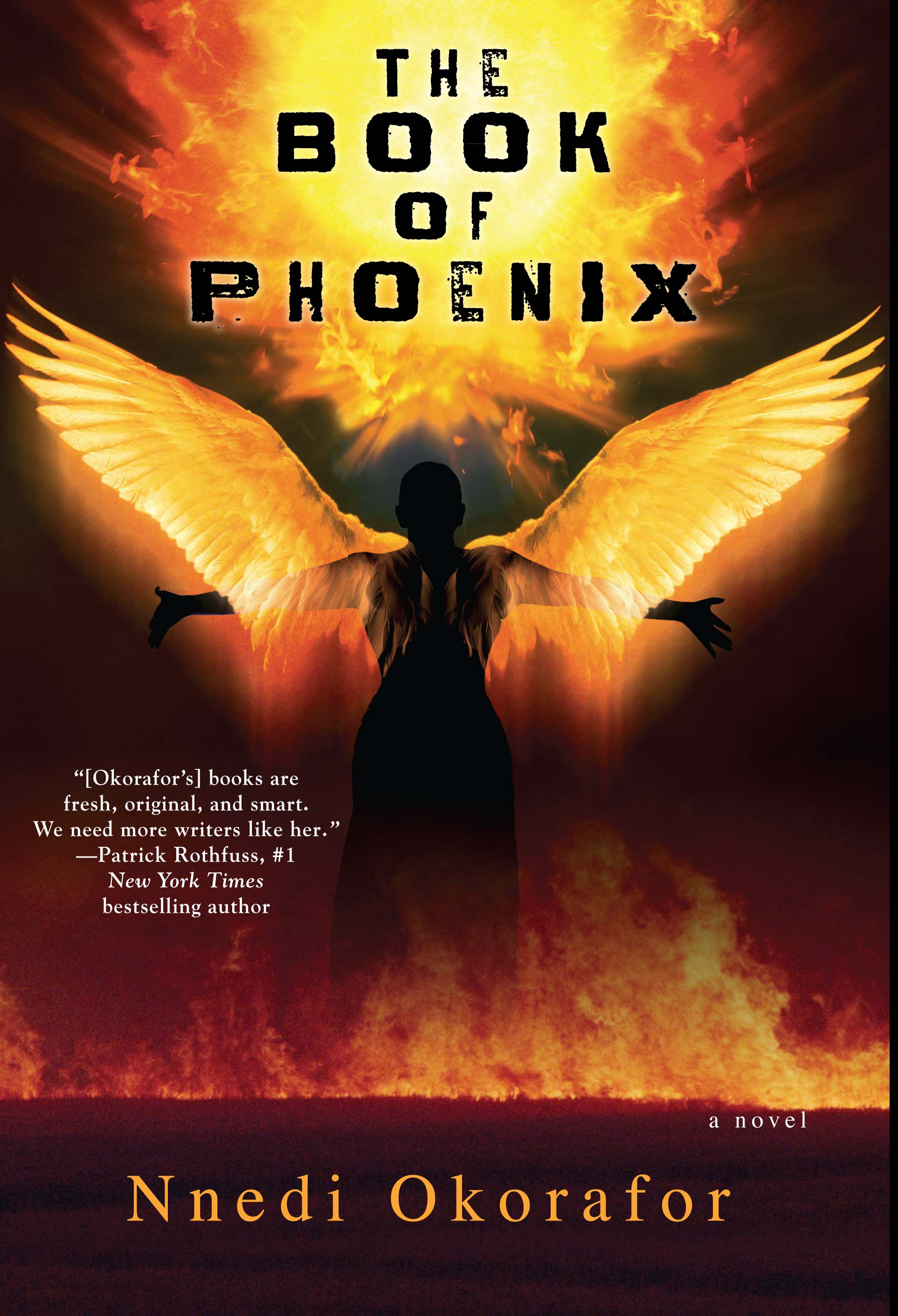
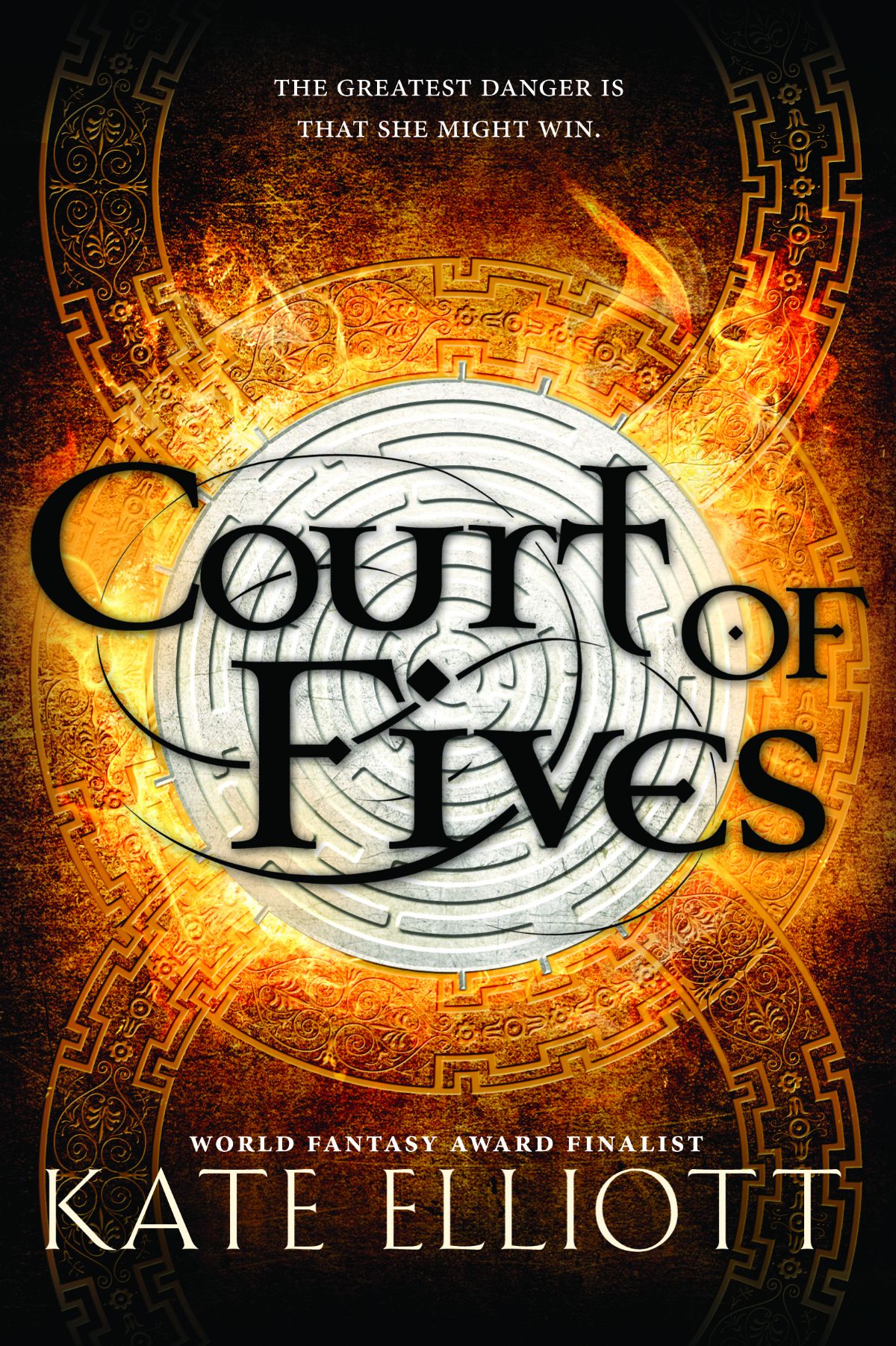
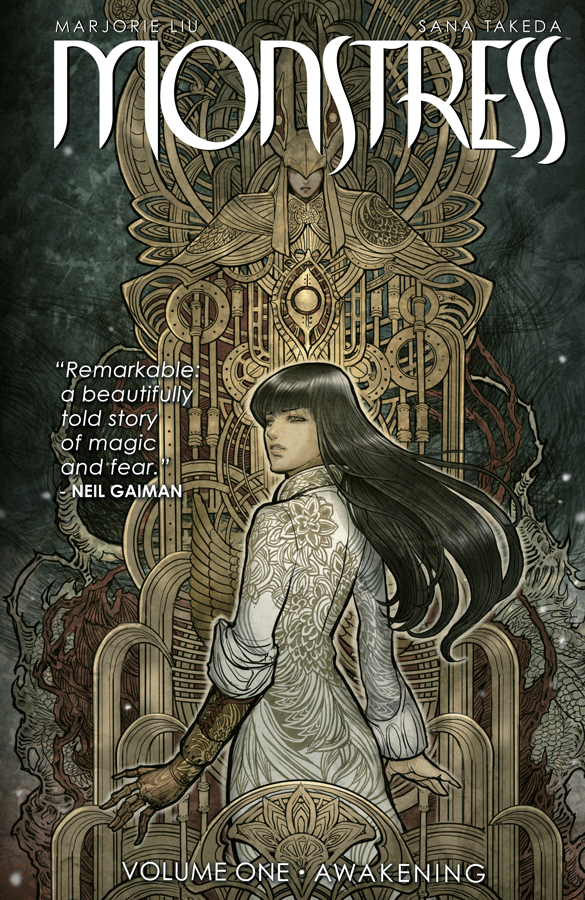
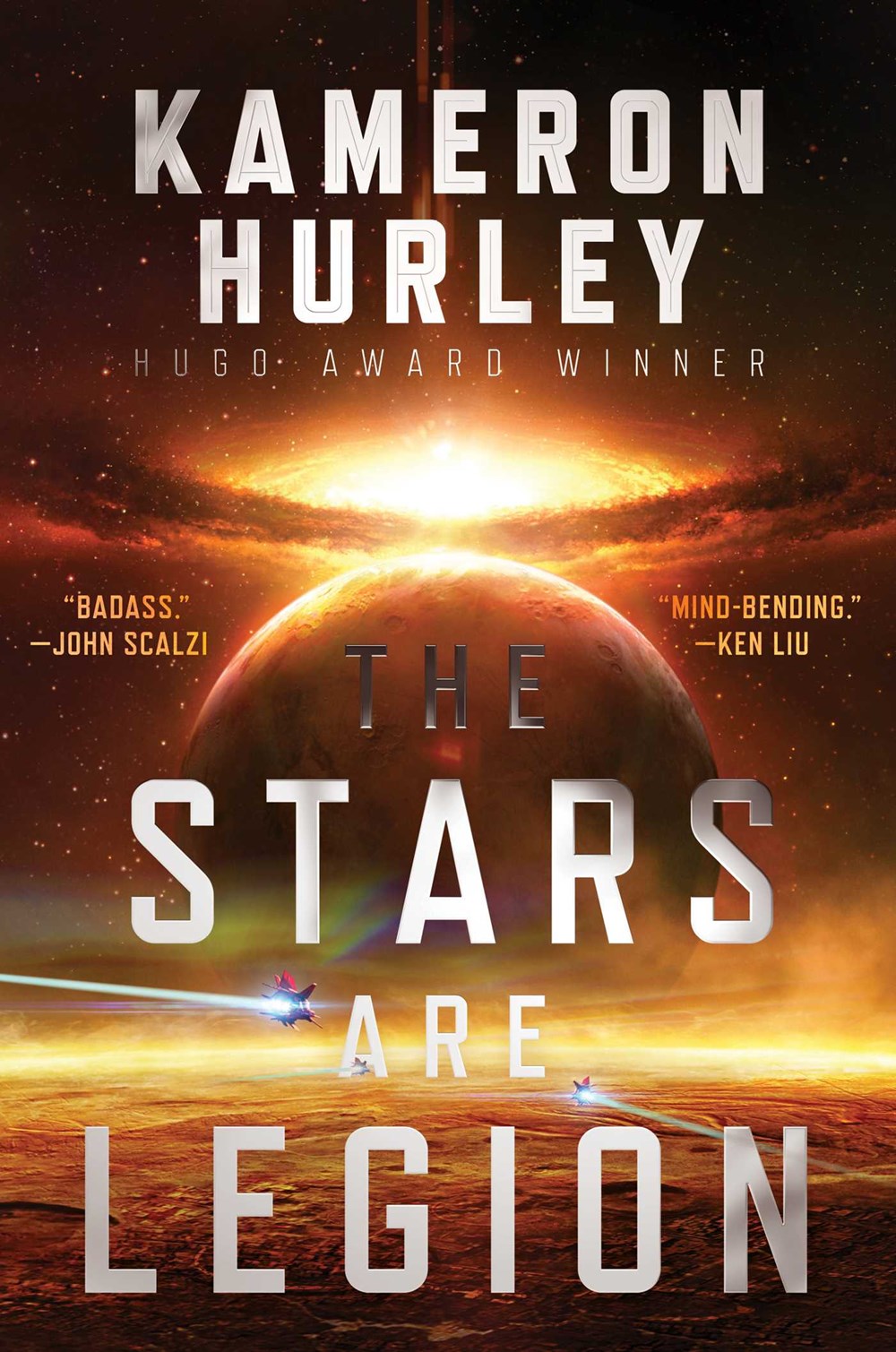













































Connect with the Sirens community
Sign up for the Sirens newsletter